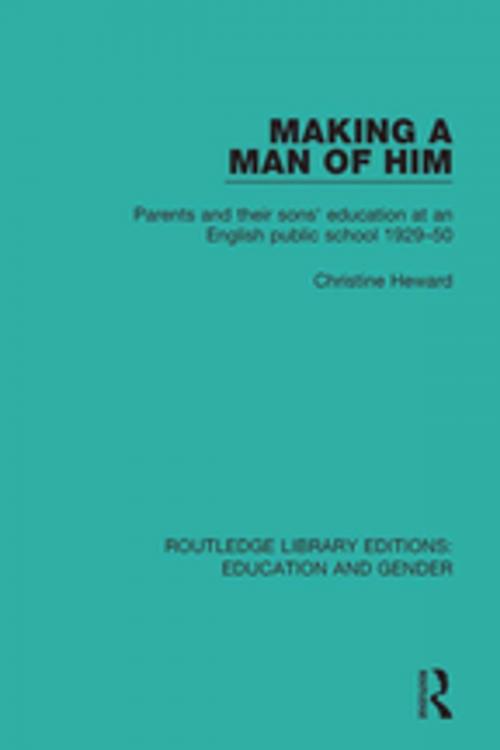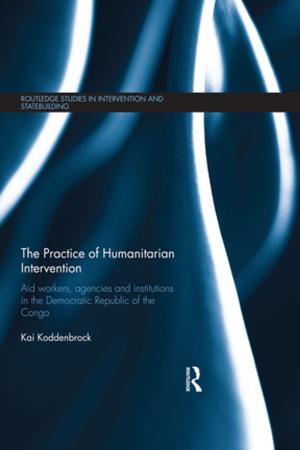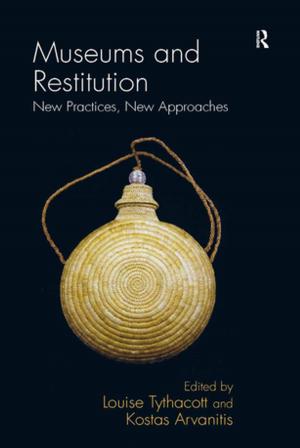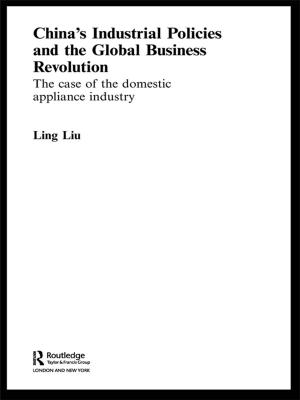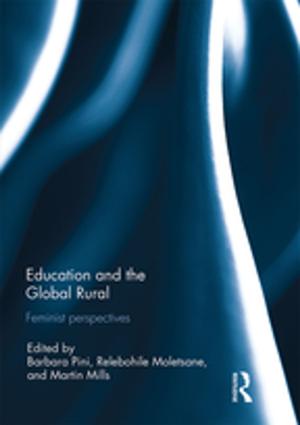Making a Man of Him
Parents and Their Sons' Education at an English Public School 1929-50
Nonfiction, Reference & Language, Education & Teaching| Author: | Christine Heward | ISBN: | 9781351704823 |
| Publisher: | Taylor and Francis | Publication: | June 26, 2017 |
| Imprint: | Routledge | Language: | English |
| Author: | Christine Heward |
| ISBN: | 9781351704823 |
| Publisher: | Taylor and Francis |
| Publication: | June 26, 2017 |
| Imprint: | Routledge |
| Language: | English |
Originally published in 1988, this book analyses the effect of public boarding school on those boys who grew to manhood under its influence. With access to over 2000 letters written by parents to the Head Master and governors of Ellesmere College in the period 1929-50, it raises issues about the construction of masculinity in the mid-twentieth century. The author demonstrates from these candid letters the concerns of a small group of parents bringing up their sons: their aspirations, plans, fears and problems. She shows how parents’ plans changed, sometimes very dramatically, due to the Second World War, and demonstrates the differences between social groups as diverse as clergy, widows and farmers in bringing up their sons. The author also presents fascinating and elusive evidence about the sons themselves and the effects of their schooling on their models of masculinity, sexuality and attitudes to women. This book places the particular concerns of a relatively small group within the much wider contexts of education, social and gender structure.
Originally published in 1988, this book analyses the effect of public boarding school on those boys who grew to manhood under its influence. With access to over 2000 letters written by parents to the Head Master and governors of Ellesmere College in the period 1929-50, it raises issues about the construction of masculinity in the mid-twentieth century. The author demonstrates from these candid letters the concerns of a small group of parents bringing up their sons: their aspirations, plans, fears and problems. She shows how parents’ plans changed, sometimes very dramatically, due to the Second World War, and demonstrates the differences between social groups as diverse as clergy, widows and farmers in bringing up their sons. The author also presents fascinating and elusive evidence about the sons themselves and the effects of their schooling on their models of masculinity, sexuality and attitudes to women. This book places the particular concerns of a relatively small group within the much wider contexts of education, social and gender structure.
